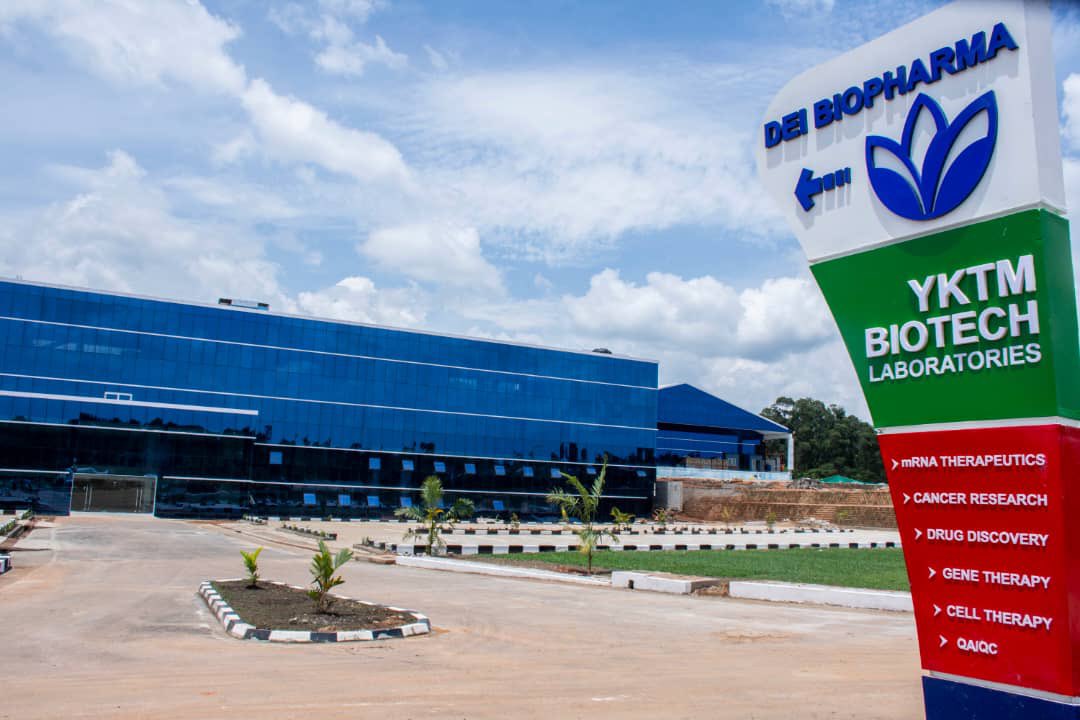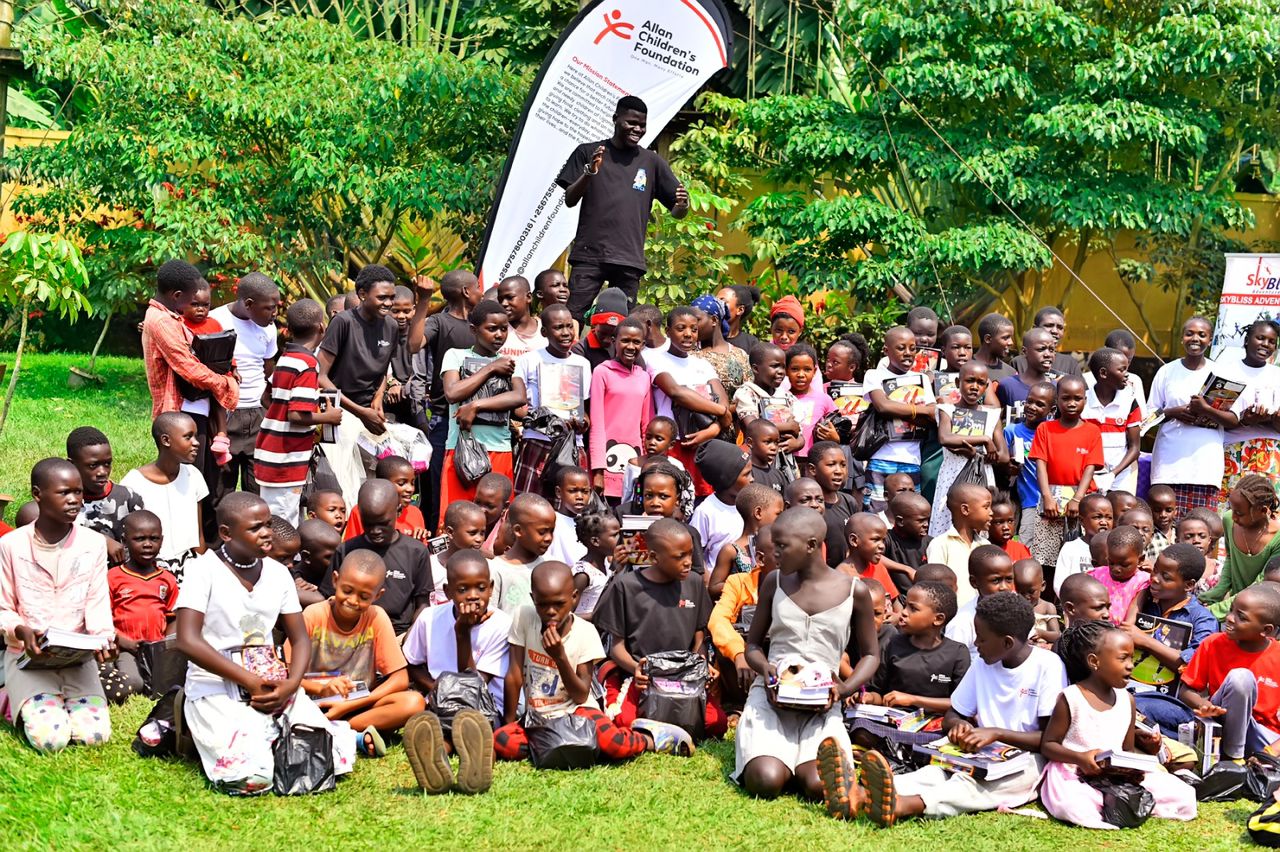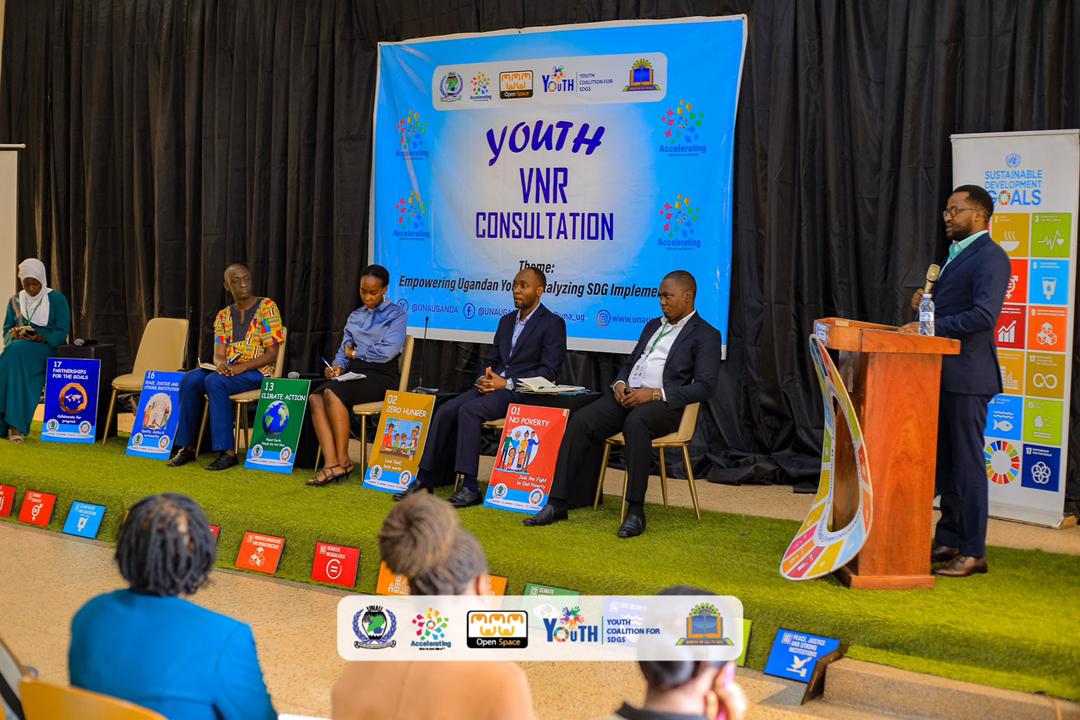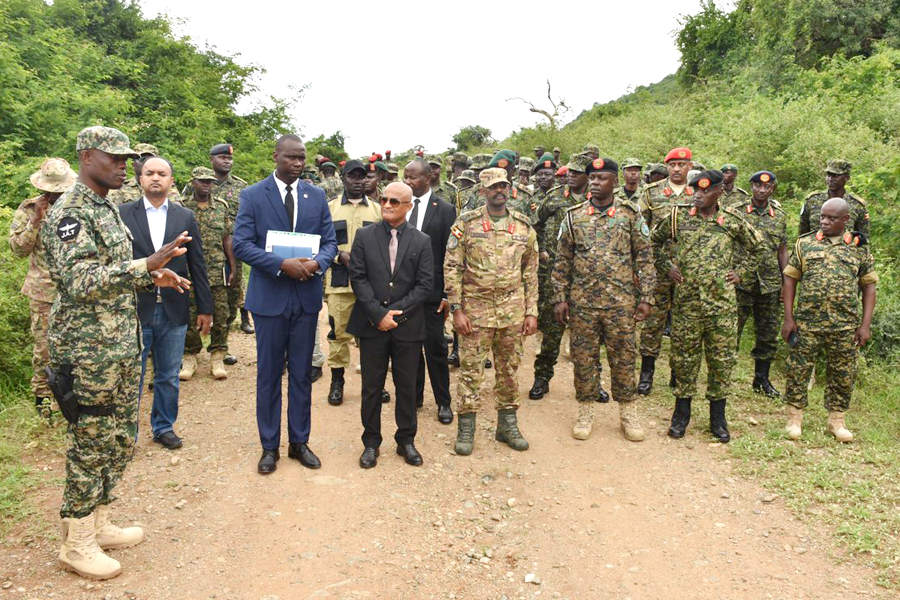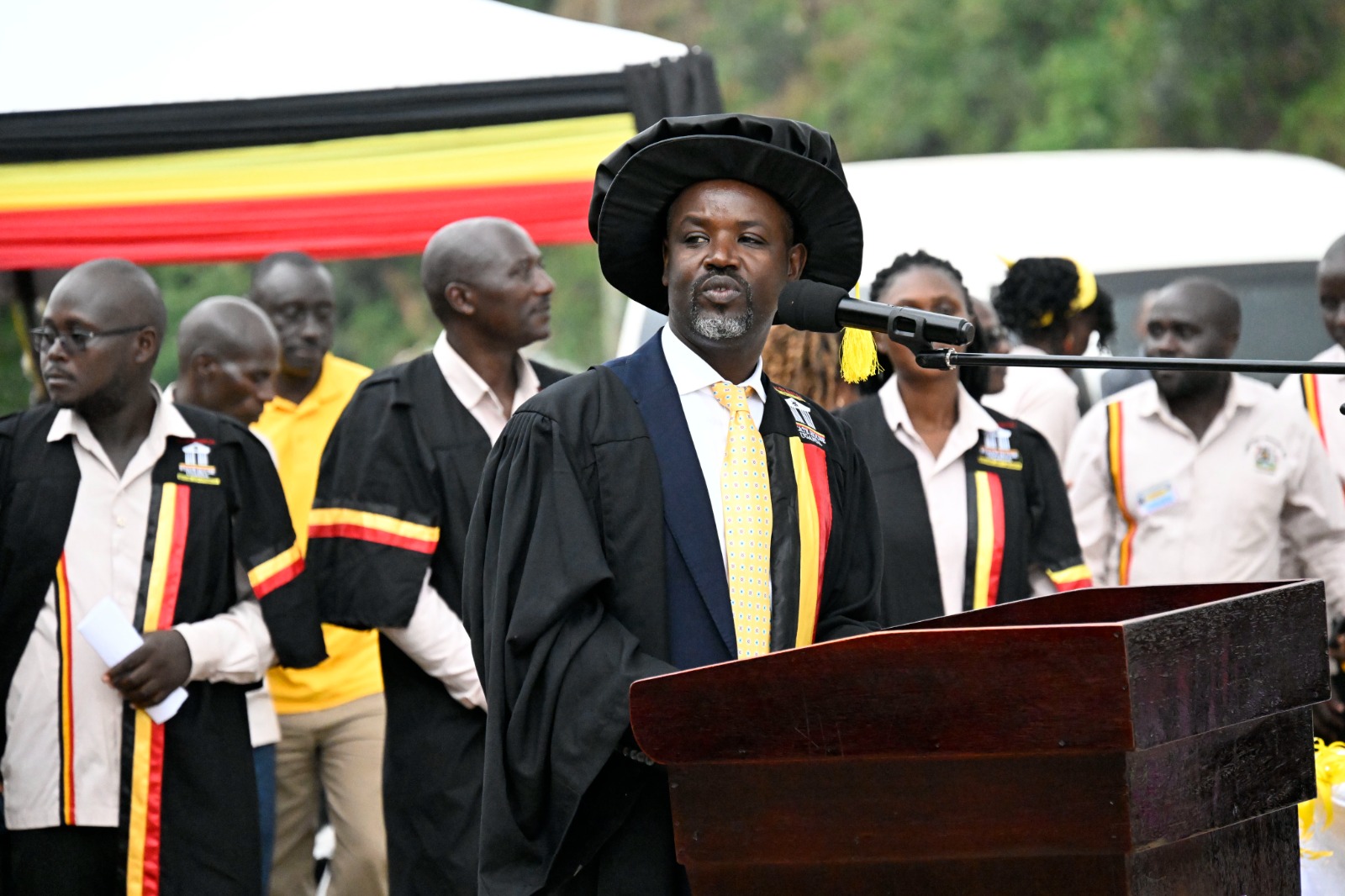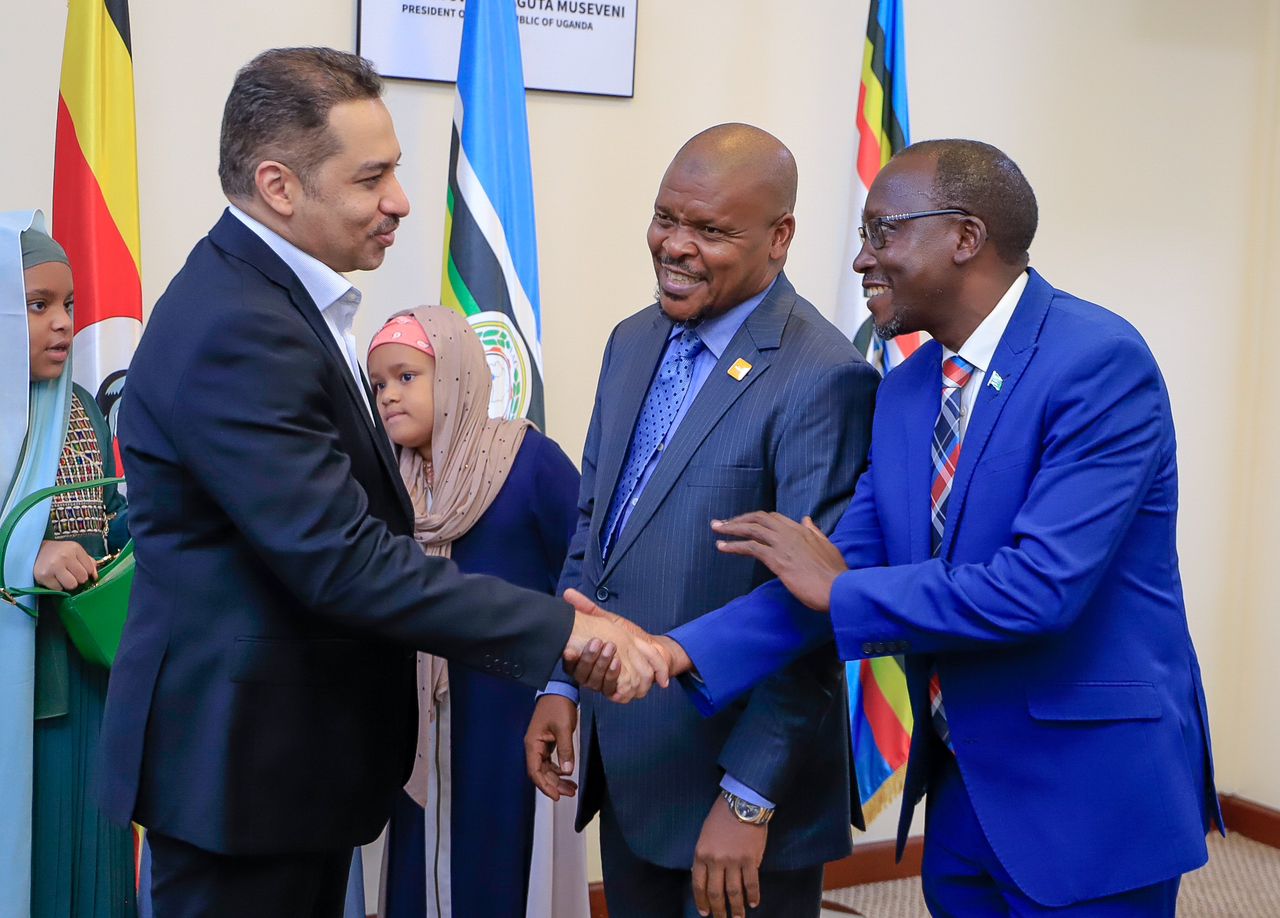New study highlights opportunities, challenges in tourism
The government has identified and prioritised tourism as a key sector with a high potential to contribute to the socioeconomic development of the country.
Uganda’s Vision 2040, National Development Plan III (NDP III),Tourism Development Master Plan, Tourism Policy, among others, refer to the need to harness the tourism potential in the country by developing strategies to increase Uganda’s attractiveness as a preferred tourist destination.
This in turn is expected to increase tourism arrivals, expand revenues and enlarge employment opportunities especially for the young people who are faced with high levels of unemployment and poverty.
Swisscontact, in partnership with Uganda Hotel Owner’s Association and Uganda Tourism Association commissioned the study, “Economic opportunities for young people in the tourism and hospitality industry in Uganda”.
The purpose of the study was to conduct a research that can inform the decision making process on how the tourism and hospitality businesses can become competitive, work towards becoming more sustainable, inclusive and resilient.
With focus on South Western, Central, Eastern and North Eastern regions of Uganda, this study examined the level of tourism product development, assessed marketing and promotion strategies, examined the tourism supply chain, and analysed extent of community empowerment.
For each focus area a situational analysis was conducted, opportunities to engage young people identified, strategic interventions and implementation projects proposed.
While validating this research findings in Kampala, Dr Jim Ayorekire, a researcher at Swisscontact said that the potential of the tourism and hospitality industry has persistently not been fully harnessed due to several foundational and operational challenges.
He cited some of the challenges facing the sector such as over dependency on international visitors and the narrow tourism product range with bias towards wildlife tourism and limited marketing.
Ayorekire said that sector underfunding has reduced opportunities for the youth to benefit from tourism.
He explained that the tourism supply chain is dominated by few large players, with majority of youth and women run MSMEs unable to maximise opportunities and participation in tourism.
Although Covid-19 has contributed to the vulnerability of the youth and the tourism and hospitality sector in general, Ayorekire said that it has offered an unprecedented opportunity for the country to rethink how the foundational and operational structure of the industry can be made more sustainable, inclusive, and resilient.
"This has resulted in slower growth of the sector and limited opportunities for young people and communities to benefit from,"he said.
The study identifies tourism products with high capacity to enhance youth participation in and benefit from the tourism and hospitality sector.
These potential products include, agro-tourism, community-based cultural tourism, eco-cultural products, religious tourism, culinary tourism, MICE and water-based tourism.
The State Minister for Tourism, Godfrey Kiwanda Suubi, said government will benefit a lot from the research and it will ensure that challenges affecting the young people are well handled and addressed.
"This research has actually helped to tell us what we are doing in terms of competitiveness and actually shown short analysis of our sector. Uganda should become more competitive as a destination if we are really to compete with the rest of the countries,"he said.
He said that there is a plan to have stopovers for foreign tourists such that communities can interact with them.
"This will help the communities to interact with the visitors. We need to make tourism youth friendly,"he said.
He said that there is also need to do more research because some of the products are so boring to the young people.


